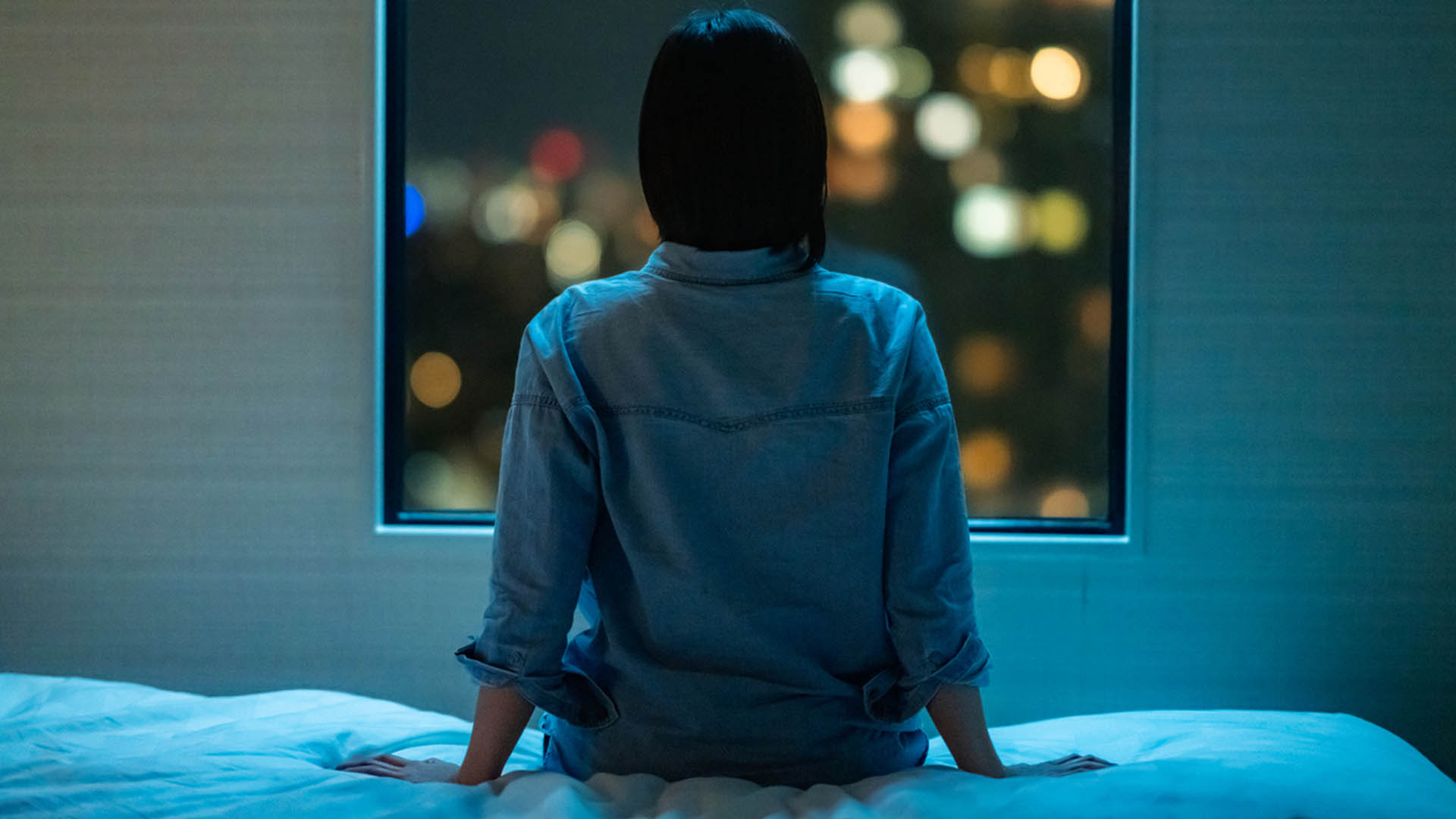
Is Sleep Deprivation Hurting Your Mental Health?

Your mental health is complex, and how you sleep is one important factor in your mental health. These two concepts, your mental health and how you sleep, work together to create your mood, and greatly impact how your day will go. The Centers for Disease Control produced a study that shows a third of US adults regularly get less than an ideal night of sleep. This can be attributed to a busy work schedule, stress, chronic sleep problems such as insomnia, and even chronic pain conditions. Despite these sleep inhibitors, it is extremely important to avoid sleep deprivation when you can, due to the negative effects sleep deprivation has on the body. Sleep deprivation increases your risk of several chronic diseases and worsens mental health conditions. Having a good sleep ritual is the best way to decrease your risk and improve your mood and mental health.
Find What You Need
Effect of Sleep on the Brain
Sleep allows for your body to rest and heal from the stress of your daily life. Sleep deprivation worsens both physical and mental health symptoms, which is why maintaining a good sleep ritual can greatly benefit your health. Proper amounts of sleep make waking up in the morning easier, and improve your circadian rhythm.
Several chronic illnesses linked to sleep deprivation have been found. Two examples of illnesses which have increased risk of development due to sleep deprivation are cardiovascular disease and type 2 diabetes.
Psychological impacts of sleep deprivation have been linked directly to the development of depression and other mental health disorders. Once treated for sleep issues, many people experience relief from depressive and other mental health symptoms.
Sleep’s Connection to Mental Health and Mood
Forgetfulness
Forgetfulness and trouble concentrating are reported from people who get less than the recommended sleep amount each night. This can greatly affect your mood and lead to negative feelings associated with depression.
Emotional Regulation
Emotional Regulation is impacted by sleep deprivation. Without proper sleep, you increase the odds of experiencing irritability and anger in your day. If sleep deprivation continues, this can greatly impact your quality of life and relationships with others.
Depression and Anxiety
Depression and Anxiety are worsened without proper sleep habits. This is due to your body not having enough time to recuperate from the previous day of stress. Anxious and depressive feelings can be worsened or increase in combination with forgetfulness and less emotional regulation. Seek a medical professional’s help if you experience chronic sleep deprivation.
How Much Sleep Is Enough?
The CDC recommends that adults 18 to 60 get at least seven hours of sleep per night. This number goes up to seven to nine hours for adults 61+. Studies also show that men on average get less continuous sleep than women. As we age, sleep becomes a more important factor in maintaining our health!
Occasional vs Chronic Sleep Deprivation
Occasional sleep deprivation is not a huge cause for concern, and one can adjust their sleeping habits to better avoid these occurrences. However, if you experience prolonged sleep issues it is best to seek medical advice.
Chronic sleep deprivation is likely due to a mental health or chronic sleep disorder. Some examples of chronic sleep disorders are the following: sleep apnea, insomnia, narcolepsy, and restless leg syndrome. These are medical conditions that should be promptly treated, as prolonged sleep deprivation leads to worsened emotional regulation, depressive and anxious thoughts or symptoms, and forgetfulness or trouble concentrating.
How to Improve Your Sleep
Good sleep hygiene and habits are integral to promoting and increasing your quality of life and mental health. Setting a nighttime ritual for sleep can help! Research recommends decreasing screen time before bed and exercising during the day to help regulate energy levels for those whose minds race at night.
Address medical issues and chronic sleep issues with a specialist! There are comprehensive sleep studies that are available to those who suffer from chronic sleeping issues. These studies allow a specialist to focus on how your brain functions when you try to sleep, so that they can directly improve your sleep in the future. This can be done either in a medical setting, or specialists now offer an at home version. Find a sleep specialist in your area today for more information on the benefits of taking a sleep study.
Seek help from your doctor if feelings of anxiety or depression persist for prolonged periods. If you cannot fix your sleep schedule by yourself or have chronic sleep issues reach out to a specialist to see what your options are, because you are not alone!
Summary
Sleep deprivation can cause a multitude of symptoms if it develops into a chronic sleep disorder. It is imperative to take your sleep schedule seriously and focus on your health to improve your quality of life. Sleep deprivation leaves you vulnerable to higher risk of developing other health issues, which is why setting up a good nightly routine is so important. A good sleep ritual will allow your body to rest and heal, increase your mood, and decrease your level of irritability.
Content on this site is for reference and information purposes only. Do not rely solely on this content, as it is not a substitute for advice from a licensed healthcare professional. Aging.com assumes no liability for inaccuracies. Consult with your doctor before beginning any medications or programs.



